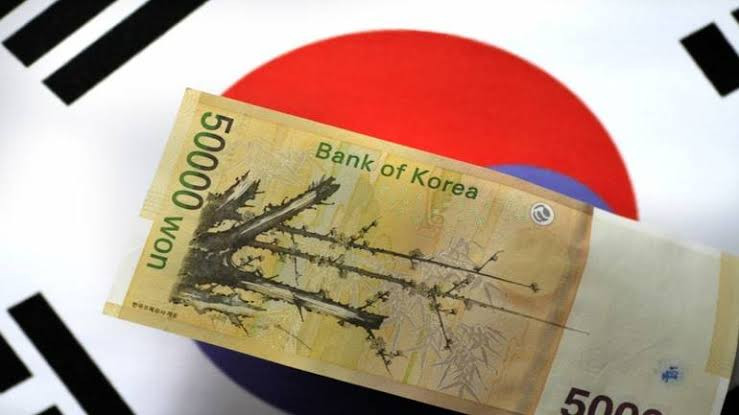The South Korean government plans to launch a series of measures to boost the competitiveness of its lithium battery industry and maintain its global leadership.
According to Yonhap News Agency, on December 13, the South Korean Ministry of Finance announced that it would provide 38 trillion won (approximately 206.7 billion yuan) in policy financing to the lithium battery industry over the next five years, with the policy set to be implemented starting in 2024.
In addition, South Korea plans to establish a 1 trillion won lithium battery industry revitalization fund and invest 73.6 billion won in related technology research and development.
Simultaneously, the South Korean government has decided to increase its reserves of key minerals required for domestic lithium battery manufacturing and foster a battery reuse and recycling ecosystem. The government will also offer tax incentives and loan support to companies investing in overseas resource development, aiming to reduce dependence on key minerals from China and a few other countries.
Reuters reported that a joint statement from multiple South Korean ministries stated that major Korean battery companies like LG Energy Solution, Samsung SDI, and SK On accounted for 49% of the global market outside of China last year. However, these companies heavily rely on overseas supplies for key materials, making supply chain diversification increasingly urgent.
To reduce dependence on key minerals, the South Korean government also plans to invest 240 billion won to build key mineral storage bases, increasing reserves of lithium, cobalt, and other raw materials for lithium batteries. Additionally, 250 billion won will be provided to support companies in refining these raw materials.
Cobalt and lithium are core raw materials for manufacturing power batteries. With the intensifying competition in the global new energy vehicle industry, South Korea faces a significant supply gap in key metal reserves.
Yonhap News Agency reported that if South Korea reuses its lithium batteries, it is expected to secure enough key minerals annually for 170,000 electric vehicles. Therefore, the South Korean government will establish a comprehensive management information system for power batteries, from production to recycling, to enhance safety and form an expert group to devise detailed measures.
Furthermore, the South Korean government plans to include lithium battery patents in a priority review fast track and increase the number of professional reviewers. This initiative aims to shorten the current 21-month review period for lithium battery patents to 10 months.
In November last year, the South Korean government, in collaboration with LG Energy Solution, Samsung SDI, SK ON, and other lithium battery companies, established a battery alliance, investing 50 trillion won (approximately 2555.5 billion yuan) to develop the battery industry chain. According to The Korea Economic Daily, these measures aim to surpass China as the leading battery power, with a goal for South Korean lithium battery companies to achieve a 40% market share in the global power battery market by 2030.






